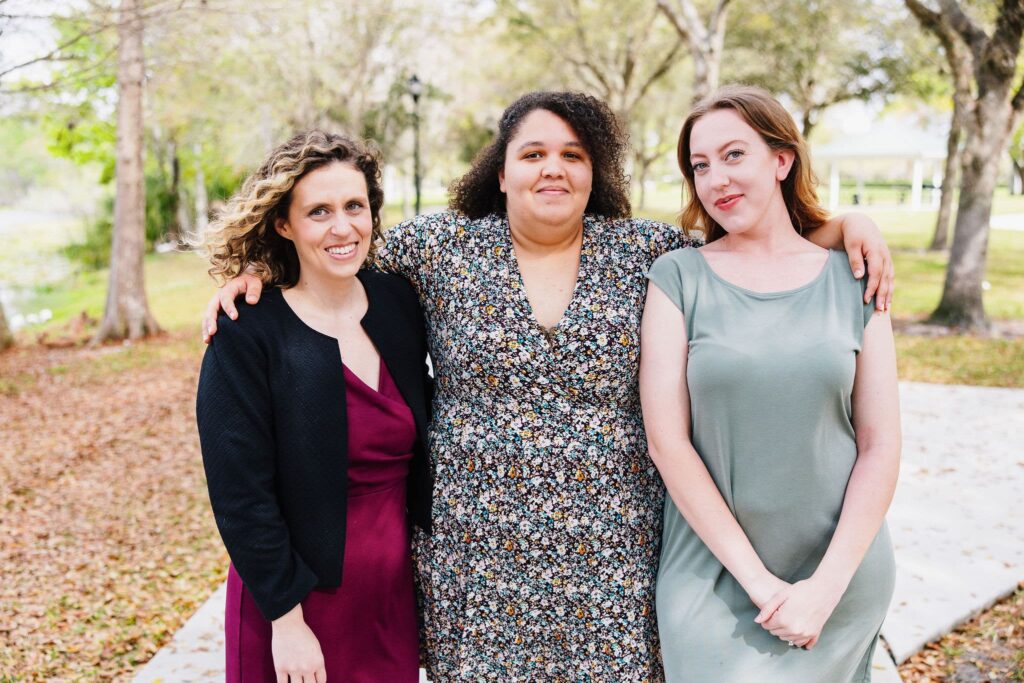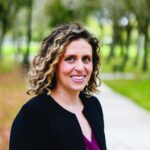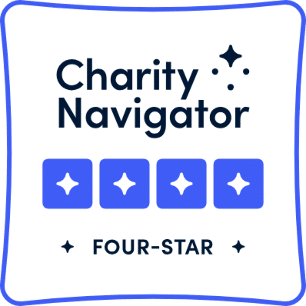
At 16, Jasmine Mendez was on her own. She was being discharged from a two-year stay at a Statewide Inpatient Psychiatric Program (SIPP), and she had no family members willing to take her in. Jasmine’s father left her family when she was seven.
“My mother wasn’t of sound mind, and she would stay out late and get angry and violent,” Jasmine said. “My grandmother made my father come back, and I lived with my father for maybe a year. He has a girlfriend who would get angry and hurt me. She kicked me out.”
At that point, Jasmine, who has Autism Spectrum Disorder, moved in with her grandmother. But, after an argument, 14-year-old Jasmine was kicked out again. She slept on trails and was found after attempting suicide by taking more than 100 Tylenol pills. She was treated for liver failure, then admitted to Sandy Pines Residential Treatment Center, a SIPP facility for children with a diagnosis of mental illness or
emotional disturbance.
Each year, more than 2,000 Florida children are served in residential commitment programs, according to Florida’s Office of Program Policy Analysis and Governmental Accountability.
Two years later, without a family member to take care of her after discharge, Jasmine entered Florida’s foster care system.
After an emergency shelter hearing in Orange County, Jasmine’s case was assigned to Legal Aid Society of the Orange County Bar Association (LASOCBA) Guardian ad Litem Staff Attorney Hannah Farber and Case Coordinator Maylynn Jones.
In Florida, Guardians ad Litem (GAL) must be appointed for children in all cases of abuse or neglect. All Florida counties except Orange utilize lay persons as GALs. In Orange County, LASOCBA serves as the administrative agency for the GAL Program and appoints attorneys to serve as GALs.
LASOCBA staff and pro bono attorneys served as GALs for more than 1,800 children last year. In 2023, LASOCBA received a $90,000 Children’s Legal Services grant from FFLA to provide legal advocacy for dependent youth with mental health diagnoses and delinquent foster youth.
According to several studies, between 50 to 80% of children in foster care have significant mental health issues. Department of Children and Family (DCF) case management turnover is high, so their knowledge about mental health diagnoses and appropriate services is lacking, often leading to inconsistent, ineffective services for the children they serve, LASOCBA staff wrote in their grant application.
“My [DCF] caseworkers weren’t very helpful, but Maylynn was amazing,” Jasmine said. “She would listen to me and not make it seem like I was just being dramatic or overreacting. It was comforting to have someone that would at least answer.”
Because of placement shortages in Orange County, Jasmine was first sent to a shelter in Cocoa Beach. She was then moved to the first of several group homes she would live in until she turned 18.

Farber and Jones typically have caseloads of more than 100. Jones’ goal is to visit children every six weeks. She collects information about a child’s living situation and passes it on to Farber, who goes to court to advocate for the child’s best interests. More funding would mean lower caseloads, allowing coordinators to visit children at least monthly.
Jasmine had not been in school since 8th grade and was determined to start again and earn her GED. She relayed to Jones that her group home was stressful and unhelpful.
“It was not a very good place,” Jasmine said. “There was this one staff who did not like us kids. She would name call and even threaten. She would unplug the Wi-Fi so I wouldn’t be able to submit my assignments for class or make sure that we were out all night so I couldn’t do the assignments.”
Farber returned to court to request a better placement.
“She’s trying to advocate for herself, but there are so many barriers to get past,” said Farber. “That placement wasn’t working. It is difficult to find somewhere, especially for teenagers, to live. It took a good amount of effort.”
Jasmine moved to a new group home, but continued to struggle.
“I had a roommate, and she broke the window and she would always play her stuff on her phone really loud at night,” said Jasmine. “My caseworkers would never answer their phones, and if there was an issue, they’d just say that there was nothing they could do about it.”
So, Jasmine turned to Farber and Jones.
“Maylynn had helped me tremendously when I was in the last group home,” Jasmine said. “She listened to me. She made reports and reassured me that I wasn’t crazy and what they were doing was wrong. She listened and it made this better and more bearable. Like there
was someone on my side.”

“I think she would have really slipped through the cracks” without support from LASOCBA, Jones said. “Jasmine would have been lost in the system, advocating for herself without anyone to back her up.”
At 17, Jasmine earned her GED and wanted to start classes at Valencia College. But, she had no transportation.
“She [Jones] helped me get a bike so I could get to the bus to get to school,” Jasmine said. “She had brought me shoes since I had none and pants that I needed for school. She has helped me to understand things that were happening and would tell me what the plan was. And overall, she was there for me when I didn’t really have anyone else that I could turn to.”
When she turned 18, Jasmine was eligible for Postsecondary Education Services and Support (PESS), allowing her to continue her education. In 2023, she won the Florida GAL Foundation Triumph Award. She plans to apply to medical school and work in pediatric palliative care or neonatal surgery.
“She is just absolutely thriving,” Jones said. “She’s grown into this confident young woman who is not going to let anyone stop her from achieving her goals.”
Now, at 19, Jasmine is truly on her own, but Jones is still in her life.
“I don’t talk to anyone in my family, but it’s nice to be able to tell her [Jones] things that are going on like the awards I win or being in the honors college,” Jasmine said. “I think that some people think I am stupid or slow and don’t take me seriously, so being able to tell her what I wanted or needed and her relay that information was beneficial.”




